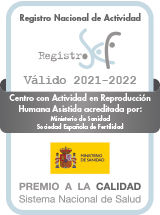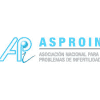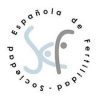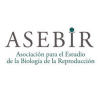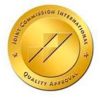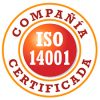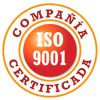Do you want to become a mum but you are worried about your age or quality of your eggs. Have you tried to become pregnant several times with the help of assisted reproduction but unsuccessfully? When is it recommended or necessary to use egg donation in in vitro fertilisation (IVF)? How does it work? We clarify here some of the main doubts you may have about how egg donation in assisted reproduction works.
What egg donation is
It is a process in which a fertile woman offers her eggs to another woman for purposes of reproduction. Eggs are donated by women aged between 18 and 35 years old, or by young women undergoing assisted reproduction whose oocytes are redundant in their own treatment or who just wish to donate them.
It is a completely safe technique that is used to offer patients better chances of becoming pregnant when certain problems related to ovulation are present.
So that you can get an idea, assisted reproduction cycles in Spain are currently completed with 70% to 80% of gametes (eggs and sperm) of the couple that will undergo the treatment and with 20% to 30% of donated gametes, either eggs or sperm.
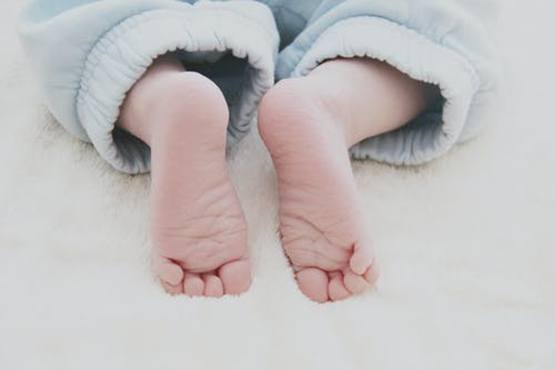
When egg donation is indicated
Egg donation is indicated for older women suffering from a primary ovarian insufficiency (also known as premature ovarian failure), from a premature or surgical menopause, or for those who are carriers of genetic disorders, have repeatedly undergone unsuccessful in vitro fertilisation cycles (IVF), or who have repeatedly experienced unexplained miscarriages.
In these cases, based on a clinical diagnosis, egg donation is the most viable option for the patient to become pregnant.
What egg donation involves
Egg donation is a fertilisation process in which the feminine gamete is donated by a young and fertile woman to another woman who wishes to become a mother and who will receive the resulting embryo. For this to be possible, donor’s and patient’s ovarian cycles must be synchronised.
The patient needs to undergo a treatment that will prepare her uterine lining for receiving the embryo. This treatment consists in estrogen and progesterone administration.
The donor will receive an induction of follicular development and her oocytes will be retrieved.
Once donor’s oocytes have been retrieved, and depending on the male factor and the characteristics of the semen, an appropriate assisted reproduction technique will be carried out.
Would you like to know more about egg donation?
OUR TREATMENTS
OR-Ovarian Rejuvenation
It is a revolutionary technique that involves the reactivation of stem cells and the remaining follicles in the ovary.
IA – Artificial Insemination
It is an assisted reproduction technique that will help you get pregnant easily and safely.
IVF – In vitro fertilization
It is the union of the ovum with the sperm in the laboratory, in order to obtain embryos already fertilized to transfer to the maternal uterus and achieve a pregnancy.
Egg Donation
Fertility treatment that consists of performing an In Vitro Fertilization with anonymous donor eggs. If necessary, this egg is fertilized with semen from the partner or another donor.
Genetic diagnosis
It refers specifically to the technique used in the event that one or both parents have a genetic abnormality. The embryo is analyzed to determine if it carries the same genetic abnormality.
ROPA Method
It consists of an In Vitro Fertilization treatment shared between both women, that is, one woman is the donor of the egg, while the other woman is the pregnant woman of the embryo.
Request your free appointment
Official Certificates
National Registry of the Spanish Fertility Society
